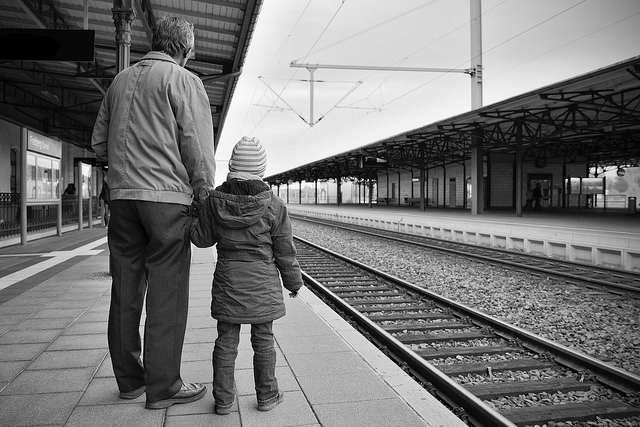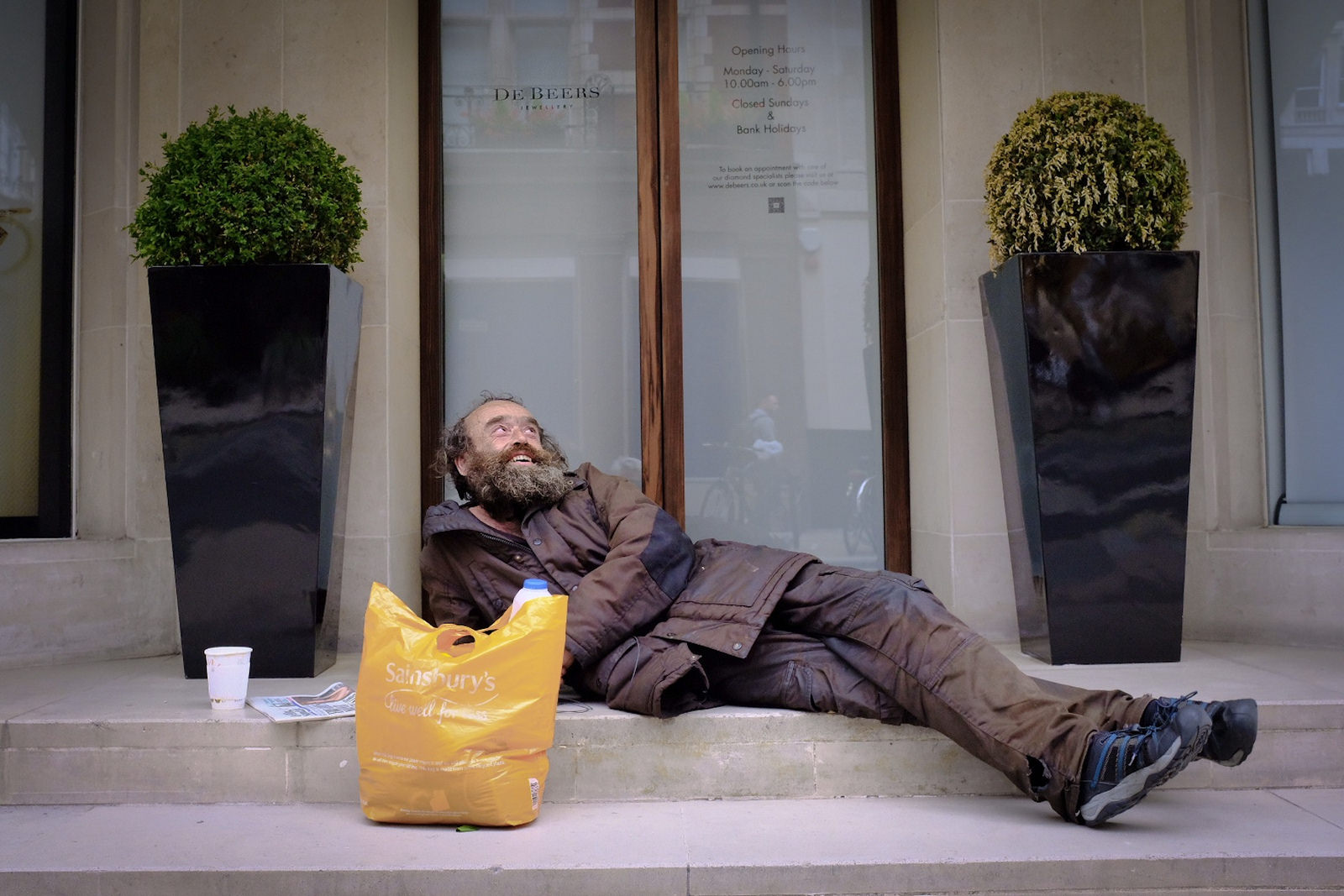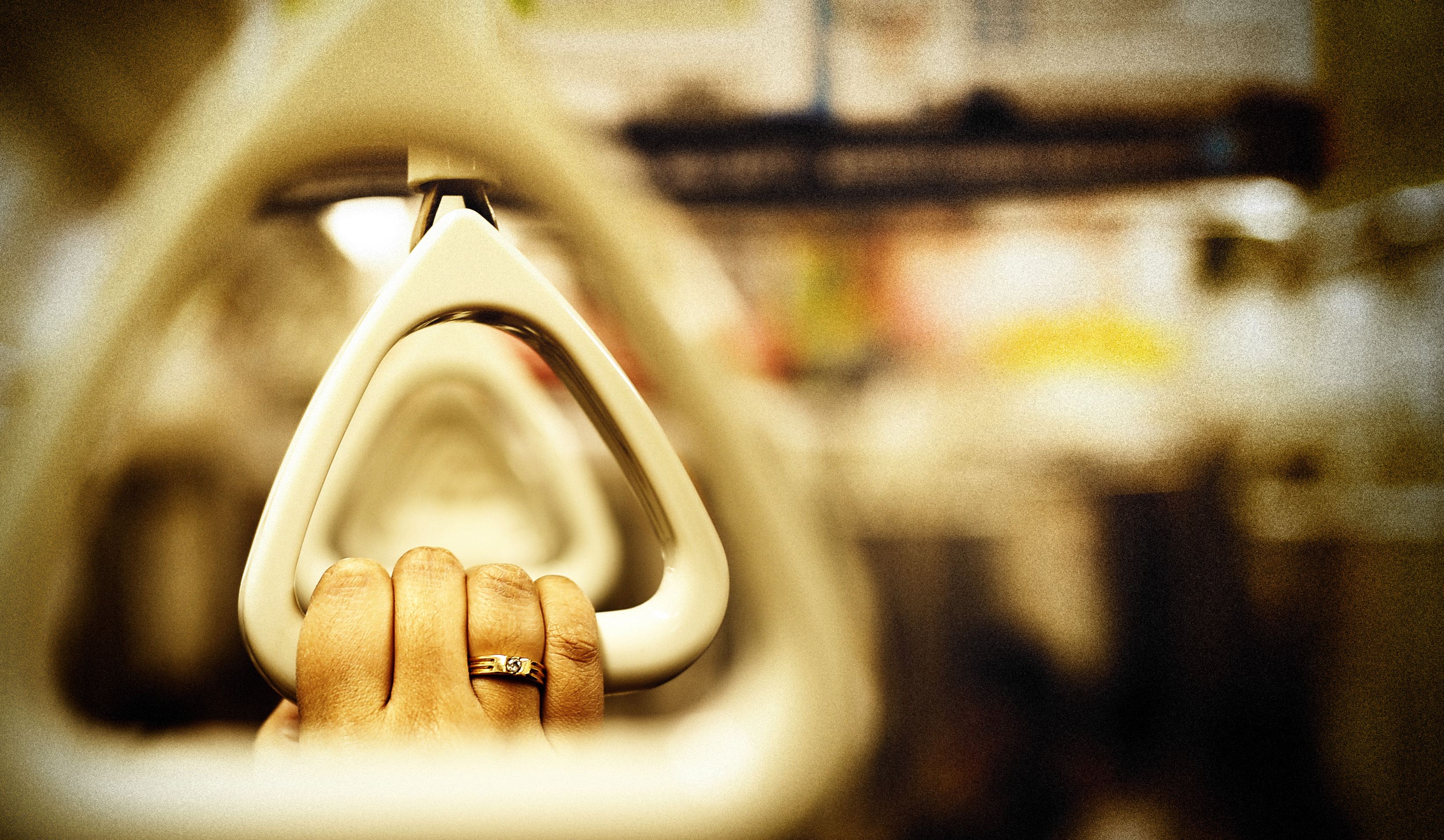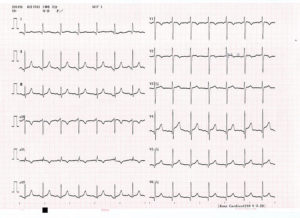A mother separated from her missing husband flees a war-torn country, her homeland, to provide a brighter future for her children. She’s a dentist by training and practiced dentistry back home; but here, here she’s cleaning homes for a living. Why? When she left her home with her four children by her side, headed to a safer place, to America, what was in her suitcase? Alongside the picture of her missing husband and the few possessions that remained after the destruction of her home, in her suitcase, she has hopes and dreams, fears and doubts. She looks to her children for strength, but she’s terrified every time she looks them in their eyes. She is not optimistic, but she is hopeful; she looks the odds straight in the face and proceeds anyway. Because hope is not logical, it is powerful.
She’s cleaning the home of a happy family; the father is an engineer and the mother is a doctor and the children play piano. Their life, their hopes, goals and dreams are dependent on the stability of their country, but they cannot see it. The same hands that used to place crowns to relieve the pain of the suffering are now scrubbing the floor of another woman’s bathroom. But hope is powerful, and she lives through the dreams of her children. Two of her daughters want to be doctors. Her third daughter wants to be an artist. Her son is eight and he loves math. In her suitcase, she brought with her the dream of a better education for her children. “In Syria, we ate grass. In Egypt, we didn’t have food. In Indiana, I love school.” These are the words of her eight-year-old son.
A man runs to catch the bus. He can’t miss the interview; he really needs this job. It is his third interview in as many days. His last job got him enough money to get his family off the streets for a couple weeks. But motels are more expensive than he ever imagined. He’s homeless. His family is homeless. This wasn’t a possibility he considered when he graduated with his MBA. He had a great job, but the hurricane took everything away. And he hasn’t been able to get back on his feet. He catches the bus and pays the $1.75 in quarters. He checks the email that he printed; the interview is in room 4015. He runs up the stairs; he really hates being late. As he enters his interviewer’s room, a bead of sweat runs down his forehead. What’s in that bead of sweat? Desperation and nervousness, humiliation and self-pity, purpose and resilience.
His interviewer gives him the job offer. He smiles and shakes his head. A tear runs down his face. He can’t take the job; he can’t manage the branch that makes most of its revenue through alcohol sales. Another day and another interview, but his family remains homeless. He needs the job, but rejecting the offer was an easy decision. He believes that although alcohol may have small benefits to people and society, the harm it causes is much larger than its benefits, and wants to play no part in its distribution; he will not be a co-creator in the intoxication of his neighbor’s mind.
A young woman sinks into herself on the examination table. Her husband is holding, squeezing her hand. The doctor is still talking. He looks very sympathetic. The young woman just learned that she has a cancer growing inside of her lungs, an aggressive cancer. The doctor thinks ‘we can fight it.’ The young woman’s mind is overwhelmed into quietness. All she can think about is her daughter’s play after school that she doesn’t want to miss, even for this. The doctor brings her back, ‘Do you feel comfortable about our next step? I think that’s the best place for us to start.’ The young woman shrugs. What is in that shrug? Fear and uncertainty, peace and tranquility, ambivalence, a need for normalcy, a desire for time to make meaning.
The young woman is herself a physician, trained and licensed as a radiologist. She knows enough about cancer and the late stage non-small cell lung cancer she has been diagnosed with to know that the longevity of her future has been called into question. And yet this is not the topic of discussion with the doctor. Instead, he discusses treatment options, which is fancy talk for a long list of big words in different orders and combinations. When asked about the next step, she shrugged. She shrugged because there didn’t seem to be room for her in that room. (Insert young woman with terminal cancer here). Although it is more comfortable for the doctor to rattle off treatment options, the patient wants to take time to acknowledge the inexorability of our life cycle. To the doctor, it was the end of a beginning, and they were, together, supposed to begin a new chapter of strength and resilience. While he rattled off treatment options, she just wanted to catch her daughter’s play after school, and she was running late.
In the words of HL Menken, ‘For every human problem, there is a solution that is simple, neat, and wrong.’ Without taking a moment to explore what’s inside the immigrant’s suitcase, the homeless man’s bead of sweat, the sick young woman’s shrug, we stand a sorry chance to witness, help, and learn from ordinary people with the will to do extraordinary things. This is the power of narratives; the power of listening. I call myself to look inside the suitcase, to investigate the bead of sweat, and to ask about the shrug; I call myself to listen.
I find myself in an imperfect world, full of injustice and oppression. I find myself an imperfect man perfectly given the ability to alleviate suffering, on a personal level with a smile or a hug, and on a larger scale by fighting injustice and refusing to stand idly in the face of oppression. Poverty belongs in a history museum. And hunger…we have enough food in the world for every member of the human family to eat a balanced 3000 calorie meal. When we eliminate poverty and hunger, there will be many other injustices for us to face. I want to make facing these injustices my mission. My mission is to be ‘human’ as best I can; to work to establish justice in any capacity that I can, from a generously given smile to an honest political campaign.
Photo Credit: Robot Brainz










